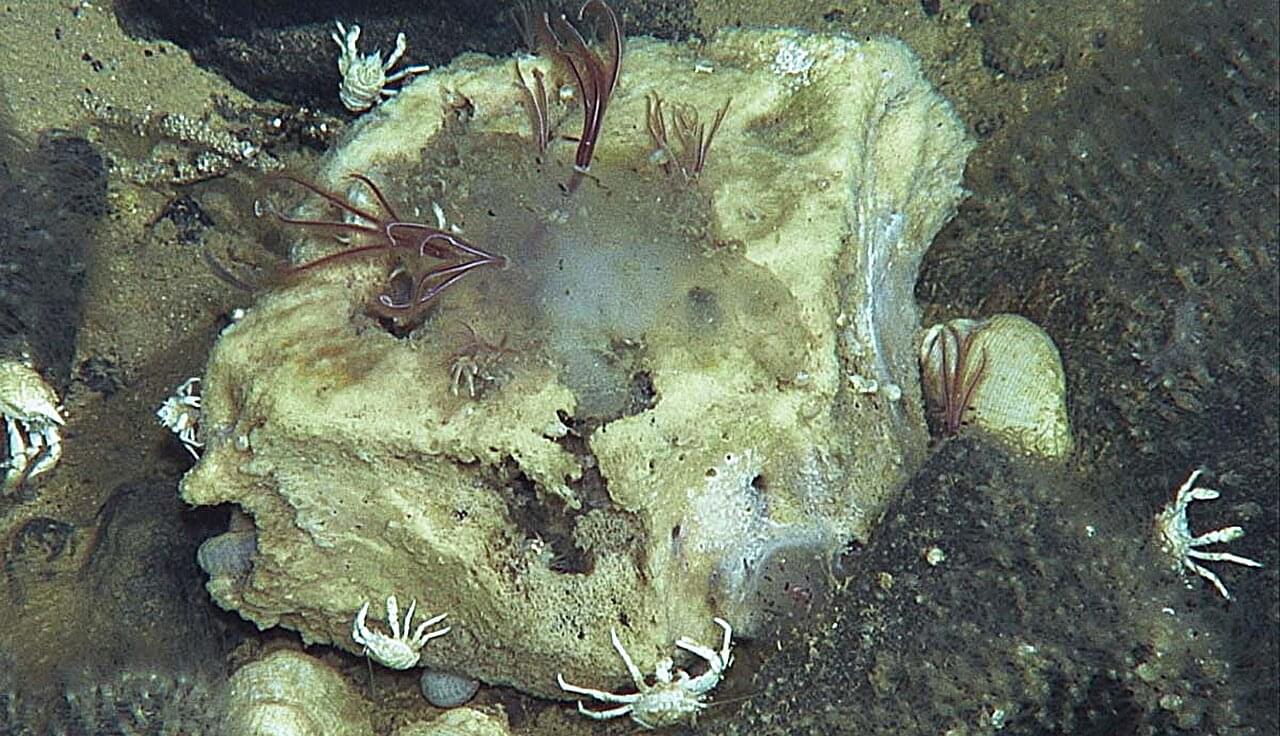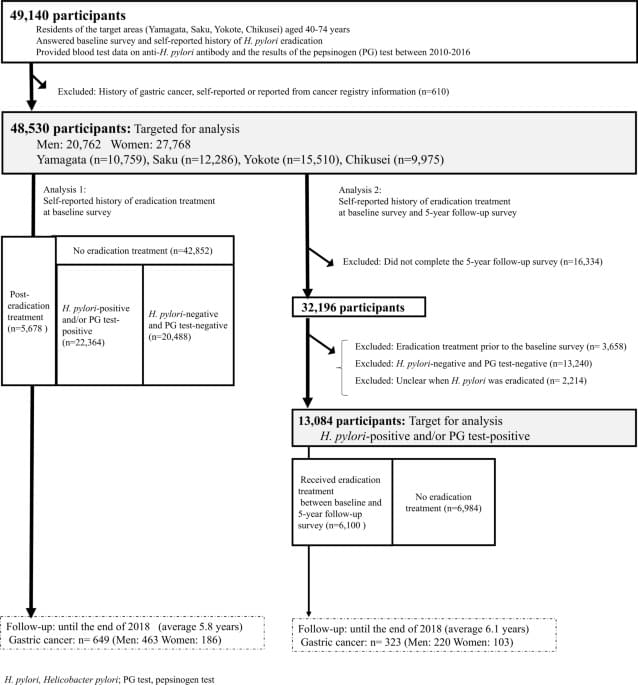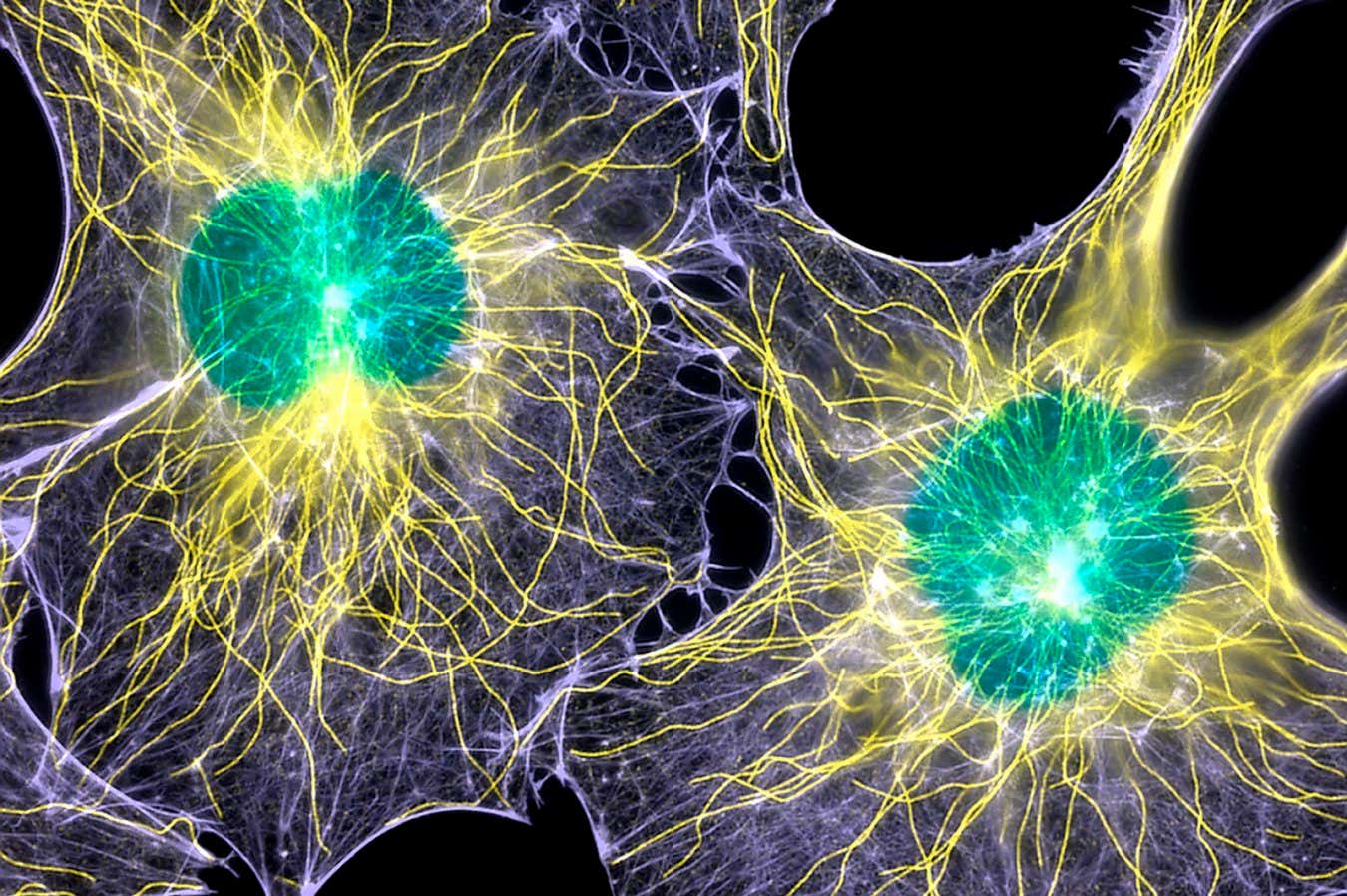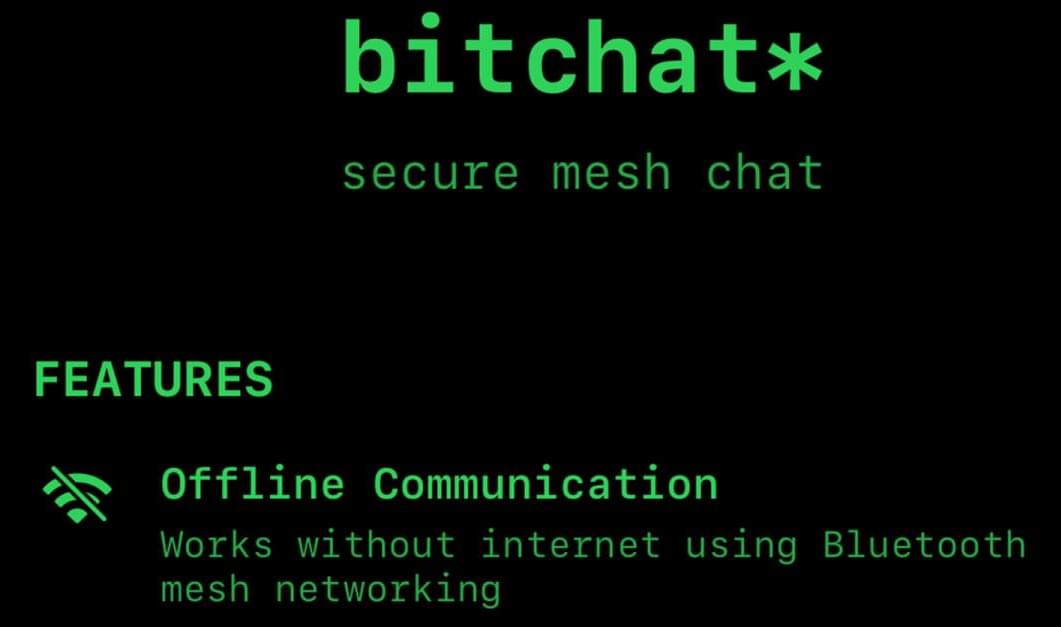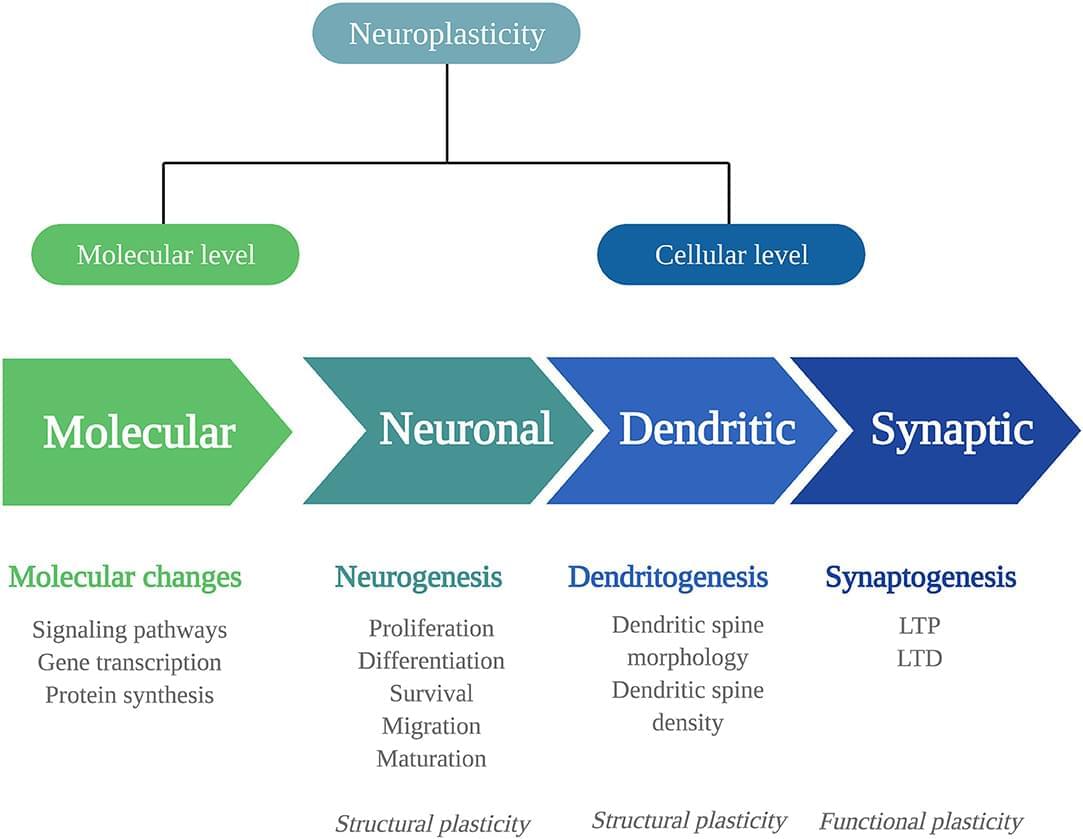Helicobacter pylori (H. pylo ri) infection is an established cause of gastric cancer. Although H. pylo ri eradication is suggested to decrease gastric cancer risk, this has not been fully investigated in general populations. This analysis included 48,530 Japanese men and women aged 40–74 years from four cohort studies. At baseline, the participants provided a self-reported eradication history and serum anti–H. pylo ri IgG titers and the results of a pepsinogen (PG) test. We examined the association between eradication history and gastric cancer risk considering H. pylo ri positivity and PG testing using Cox proportional hazards regression models. From 2010 to 2,018,649 gastric cancer cases were diagnosed. Compared with those who were negative for both H. pylo ri and PG test as a reference, gastric cancer risk was 5.89 times higher (95%CI: 4.41–7.87) in those who were H. pylo ri-positive and/or PG test-positive and with no eradication at baseline. Gastric cancer risk among those who underwent eradication before baseline decreased after a temporal increase in risk following eradication (baseline to 1y: HR 1.74, 95%CI 1.18–2.57; 1y to Ono, A., Tanaka, S., Sawada, N. et al. Sci Rep 15, 21,307 (2025). https://doi.org/10.1038/s41598-025-00713-z.
Download citation.
